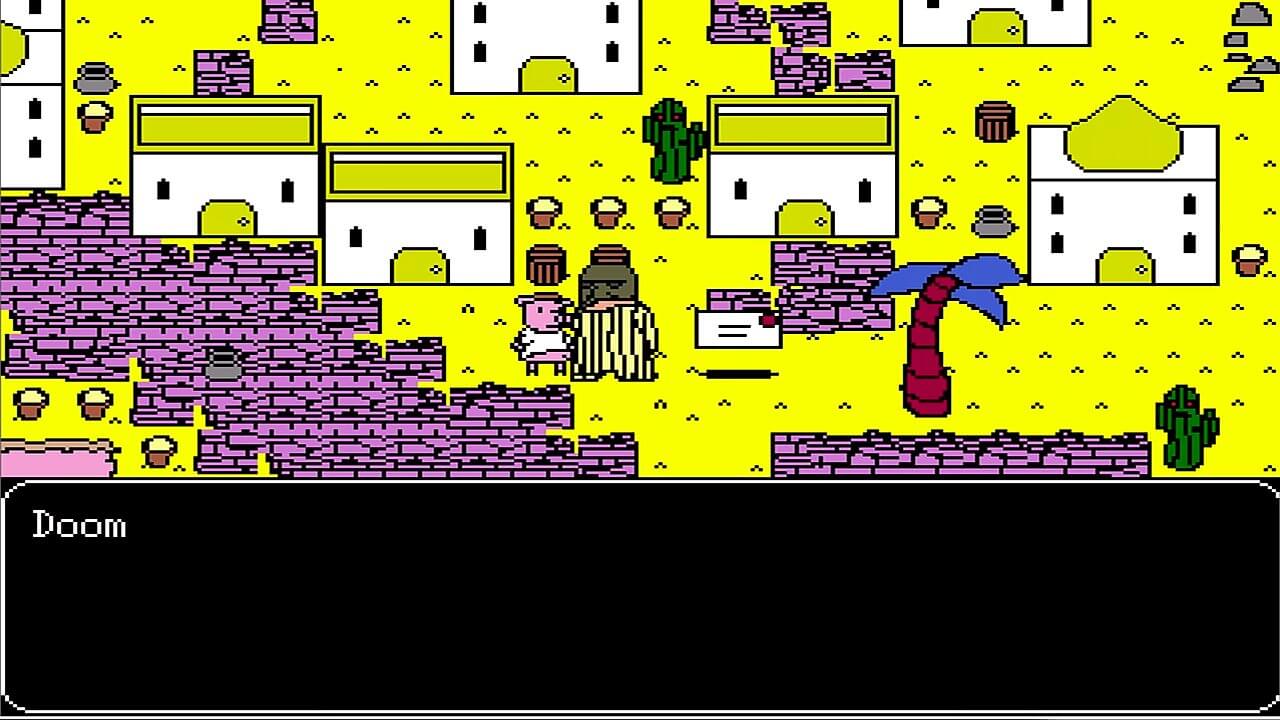

She’d lost her baby boy and was inconsolable, like a tragic actress in a film. Her other sons were a doctor and a dentist, and although she used to talk deprecatingly about Philip’s flying, as if it were something rash, like running away to join the circus or a pop group, the girls understood now that this meant he’d been her favorite. Of course, Nanna was grieving, too, for her youngest son. Charlotte practiced religiously but wasn’t musical, Nanna said. She collected old Delft and read all the new novels and taught piano: only not to Lulu, who had wriggled and slid down off the piano stool, wanting to press the pedals with her hands. Nanna was a tall, straight-backed widow, whose white hair was cut sensibly short. So Charlotte took charge, arranging things with the funeral director, who was willing to give them a lift home in his hearse, and then breaking the news to Nanna, who was affronted but couldn’t be surprised by any new revelation of Marlene’s inadequacy. Tessa Hadley on building a story from details. “Your father will be here soon,” she used to warn them, vaguely and helplessly, when they were running riot, screaming and hurtling around the bungalow in some game or other. During the various fascinating stages of the funeral, the girls were aware of their mother peering surreptitiously around, unable to break her old habit of expecting Philip to arrive, to get her out of this. Lulu had bounced on the peach candlewick bedspread while Charlotte went through the drawers. They had known from television, for instance, that their mother ought to wear dark glasses to the graveside, and they’d hunted for some in the chest of drawers in her bedroom, which was suddenly their terrain now, liberated from the possibility of their father’s arriving home ever again. Marlene had apparently never been to a funeral before the girls hadn’t, either, but they picked things up quickly. It was January, and a patchy sprinkling of snow lay over the stone-cold ground and the graves, in a bleak, impersonal cemetery in the Thames Valley. Her daughters suspected that she had a very unclear idea of what was going on. Throughout the funeral service she didn’t even cry she was numb, huddled in her black Persian-lamb coat, petite and soft and pretty in dark glasses, with muzzy licorice-brown hair and red Sugar Date lipstick.
SPACE FUNERAL FONT BUG FREE
The airline had flown him home free of charge.Īll the girls’ concentration was on their mother, Marlene, who couldn’t cope.

Philip Lyons had flown 747s across the Atlantic for B.O.A.C., until he died of a heart attack-luckily not while in the air but on the ground, prosaically, eating breakfast in a New York hotel room. This was in the nineteen-seventies, when air travel was still considered glamorous. He was an airline pilot, and they’d preferred it when he was away working being alert little girls, they’d picked up intimations that he preferred it, too. Naturally, they were also grief-stricken, but, then again, they hadn’t known their father very well and hadn’t enormously liked him. After the funeral, the two little girls, aged nine and seven, accompanied their grief-stricken mother home.


 0 kommentar(er)
0 kommentar(er)
